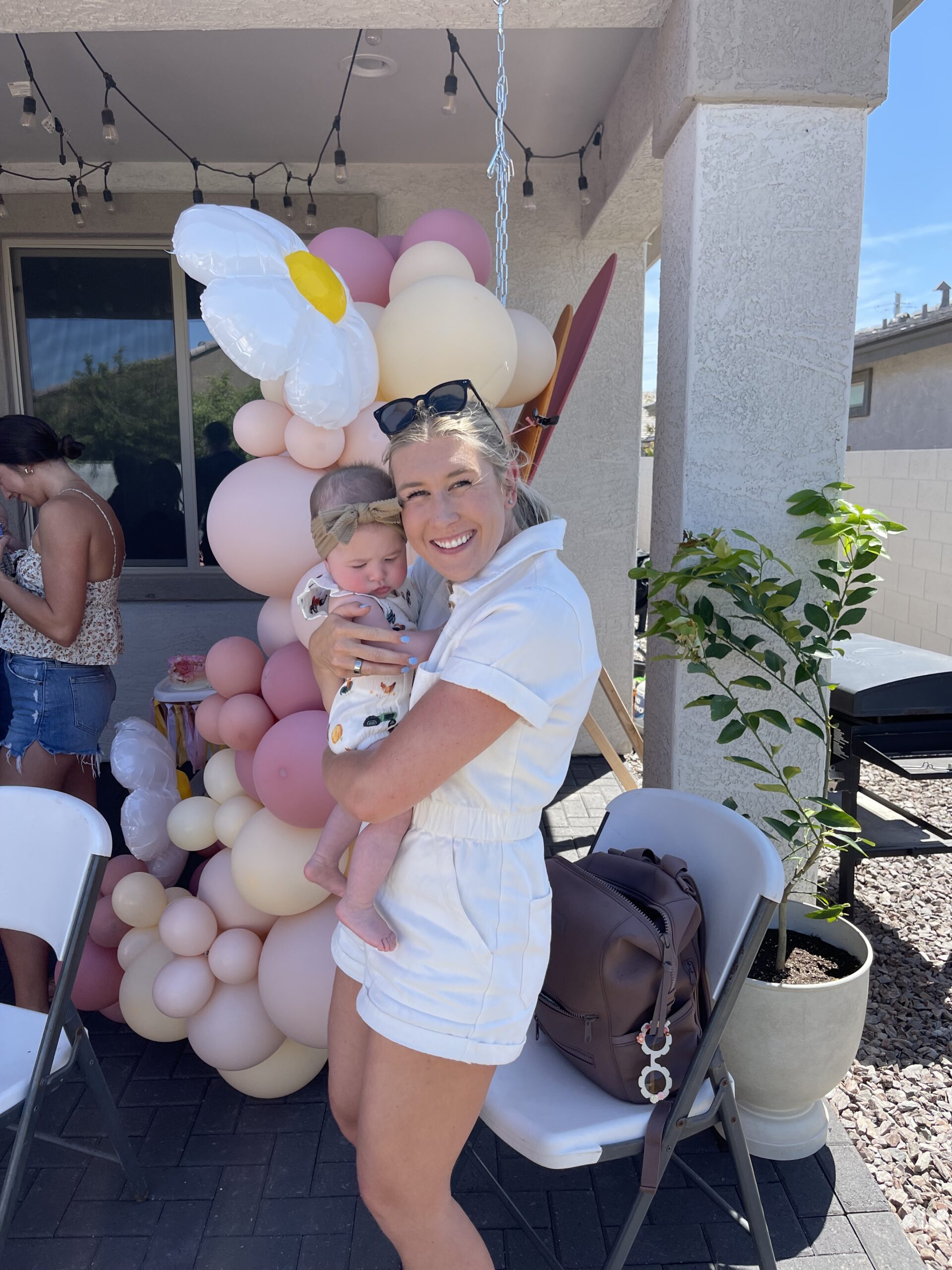Ever felt like your stomach is a quiet roommate who only speaks up when it’s close to throwing a tantrum? The truth is, your body sends out signals of hunger long before your stomach growls in protest. It’s time to tune in to these subtle signs, the body’s way of whispering, “Feed me!”
7 Signs of Hunger
Here are seven subtle yet essential hunger cues that often go unnoticed, slipping under the radar of our awareness, leaving us oblivious to our body’s call for nourishment:
1. Hard Time Concentrating: When you find yourself struggling to focus, it could be your body’s way of saying it needs nourishment. The brain, a hungry organ, can’t operate at its best on an empty stomach.
2. Low Patience: Feeling irritable and low on patience? It might not just be a bad day; it could be your body’s plea for energy and sustenance.
3. Strong Thoughts About Food: Are thoughts of your favorite foods dancing through your mind like a tempting parade? Your body might be signaling that it’s time to eat.
4. Discomfort in the Stomach: Instead of outright growling, your stomach might be quietly aching or feeling unsettled. This discomfort can be an early sign of hunger.
5. Low Energy: If you’re suddenly hit with a wave of tiredness and fatigue, it could be your body’s way of telling you it needs a refuel.
6. Light-Headed: Feeling a bit dizzy or light-headed? It might not be a lack of sleep; your body could be hinting that it’s running on empty.
7. Cranky or Emotional: Unexplained mood swings or heightened emotions might not be solely attributed to stress. Your body’s hunger cues can play a part in your emotional state.
Why Honoring Hunger Matters:
Ignoring these subtle signs of hunger can lead to disregarding feelings of fullness as well. Achieving peace with food starts with acknowledging and honoring your hunger. It’s time to listen to your body over your mind, trusting that these cues are your body’s way of communicating its needs. Your body operates on its terms, not yours, and by reconnecting with these cues, you can pave the way for reaching your long-term health and wellness goals.
So, the next time you hear that advice to “eat when hungry and stop when full,” remember that it becomes easy when you understand and respond to these cues in your body. Start a few steps behind where you think you are in your hunger awareness, and as you reconnect with your body’s signals, you’ll find yourself on a path toward lasting success.
Keep Reading
079. What the heck does honoring hunger and feeling fullness even mean (EPISODE 1 OF 3)
4 Tips for Crushing Post-Workout Hunger From A Certified Nutritionist
Mastering Your Eating Habits: How the Hunger Scale Can Transform Your Relationship with Food
Ryann Nicole
Licensed Therapist, Certified Nutritionist, and Virtual Wellness Coach
Ryann is a licensed therapist and virtual wellness coach who has assisted individuals worldwide in establishing a healthier relationship with food and their bodies.
Are You Ready to Heal Your Relationship With Food?
I understand—it can be overwhelming to figure out where to begin. Let's simplify things and have you start right here:
Why Am I Overeating?
First Steps To Stop Binge Eating
The Food Freedom Lab Podcast
FREE QUIZ
FREE GUIDE
Podcast
the food freedom lab podcast





